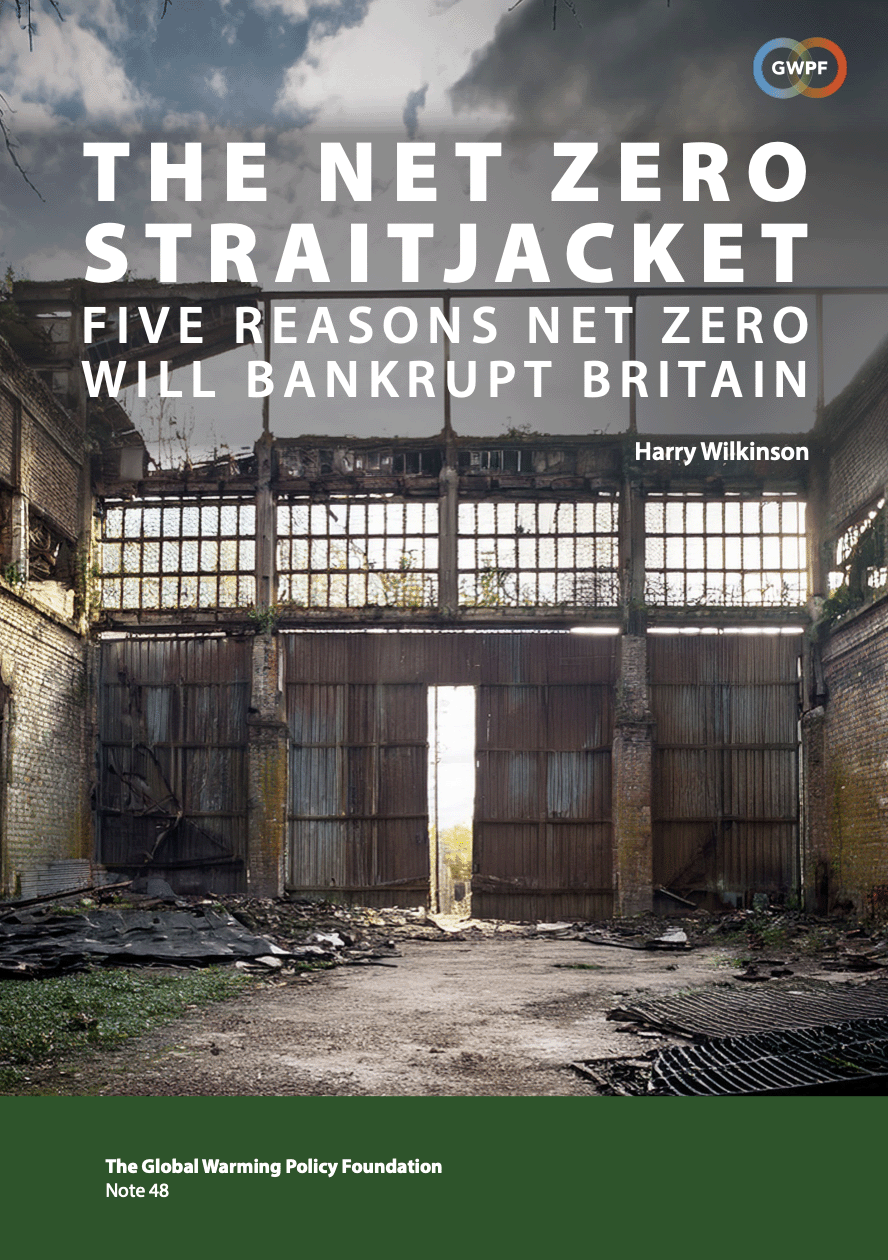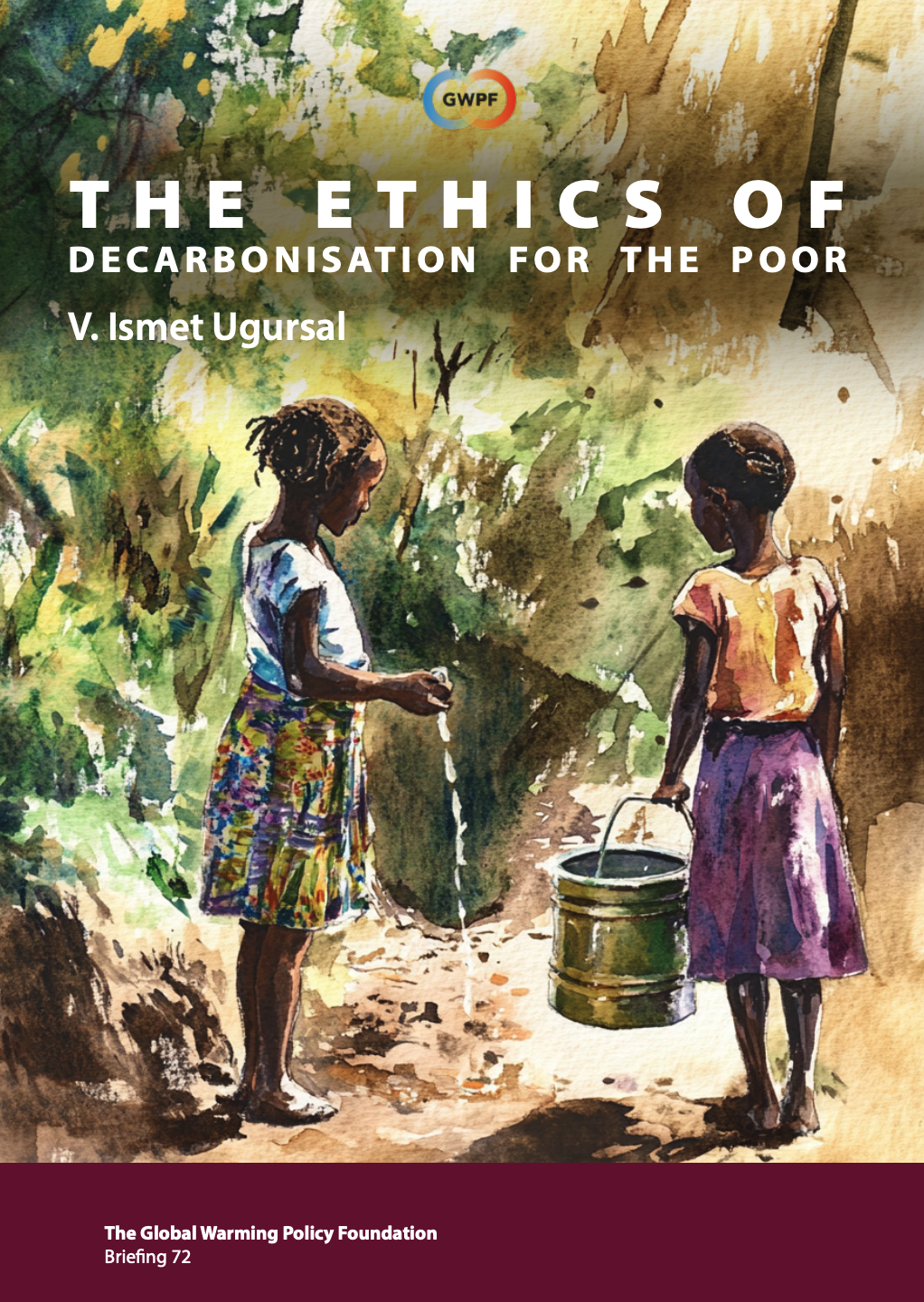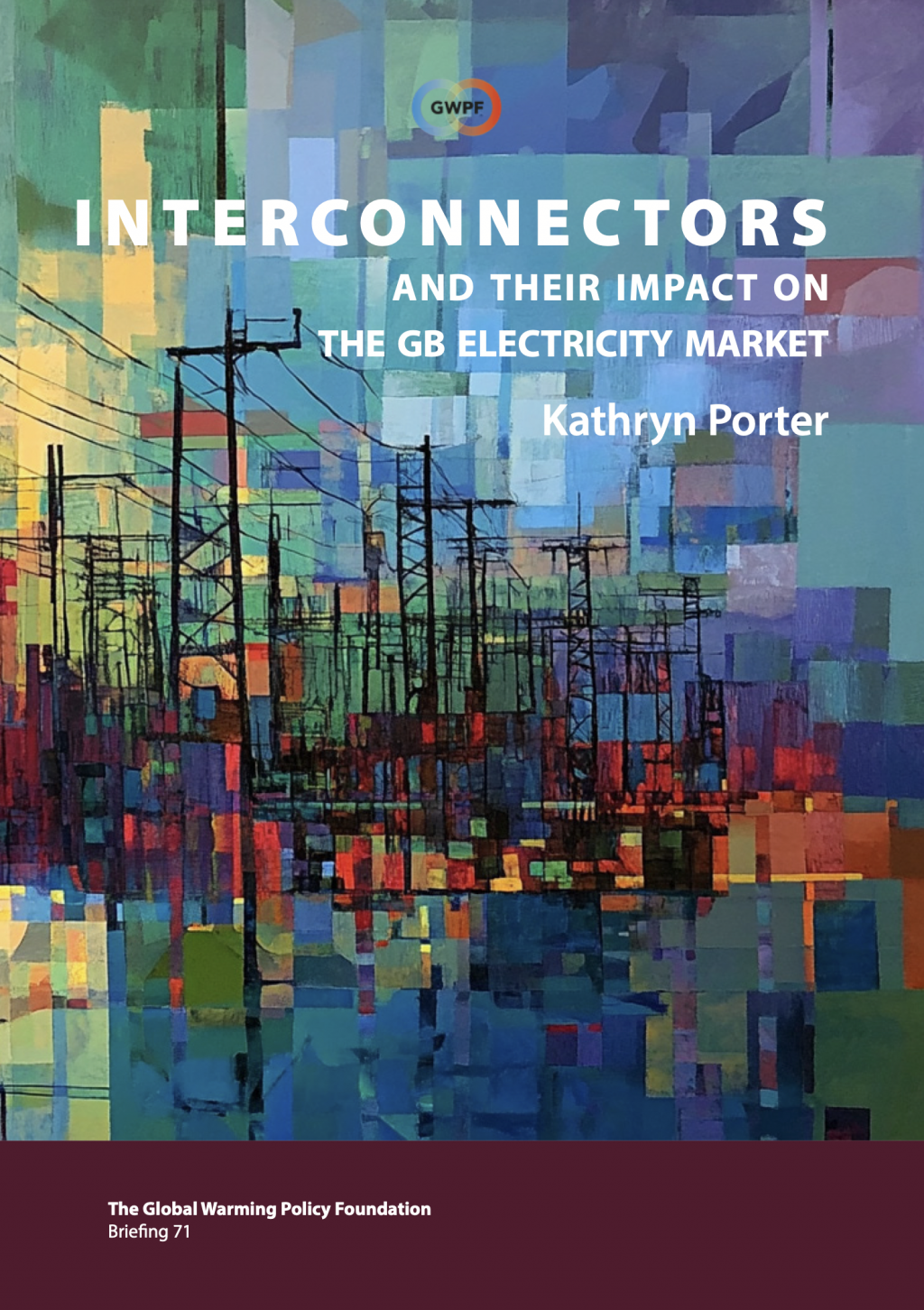London, 11 July – As the Vice-President of the European Commission, Frans Timmermans, is calling for an urgent return to fossil fuels to avert civil unrest and economic upheaval, the Global Warming Policy Foundation is publishing a new report documenting how 30 years of failed climate policies have triggered Europe’s worst energy cost and security crisis since the Second World War.
The report is the most comprehensive assessment of the European Union’s energy and climate policies from 1990 to the present day. It shows that the very high costs of forcing the use of thermodynamically incompetent renewable energy has simultaneously caused EU energy consumption to fall dramatically as a result of price rationing but also left the EU critically exposed to a single high quality fuel, namely natural gas.
This deadly cocktail is now threatening both economic and societal stability, as even Mr Timmermans and EU leaders are beginning to recognise.
Entitled Europe’s Green Experiment: A costly failure in unilateral climate policy, the study has been prepared by Dr John Constable, GWPF’s Director of Energy, and is available to download here (PDF).
The study shows that up until 2005 the EU’s energy consumption was on a rising trend, but it has now fallen by over 10% on the 2006 peak, and is now back at levels last seen in the 1990s. The UK is even more severely affected, with consumption falling by about 30% on its peak in the early 2000s and is now at levels last seen in the 1950s.
Dr Constable argues that this collapse in consumption is an extremely worrying sign of underlying ill-health in the real economy, and cannot be explained by energy efficiency measures.
On the contrary the falling consumption is the direct result of the extremely high climate policy costs of adopting thermodynamically inferior renewable generation.
* The Emissions Trading Scheme, for example, has cost consumers some €78 billion in the period 2013 to 2021, and continues to add about €17 billion a year to bills.
* Subsidies to renewable energy have cost EU 27 consumers about €770 billion in the period 2008 to 2021, and continue to add about €69 billion a year to bills.
* Further analysis reveals that electricity generation productivity has collapsed, with system load factor falling from an adequate 56% in 1990 to a worryingly inefficient and expensive 37% in 2020.
* The EU’s own data shows that energy prices have been consistently above the non-EU G20 average, with household electricity prices for example being 80% higher and industrial electricity prices being 30% higher, a difference that is largely due to policy. Similar effects are found in relation to both natural gas and transport fuel prices.
In spite of this punishingly expensive support for renewables the EU member states have gained only a marginal share of the global market for renewable energy manufacturing, which is now dominated by Asia, and particularly China, where, in a bitter irony, manufacturing costs are lower because the energy supply in that region is principally derived from low-cost fossil fuels.
Dr Constable said:
The EU’s energy and climate policies since 1990 have been an unmitigated disaster for the member states, with high prices and dramatically falling energy consumption suggesting societal and real economic decay.
Distressed policy correction is inevitable, but repairing the damage will be expensive, and even the most prudent routes forward imply a reduction in living standards. Explaining this to the European peoples will form the greatest political challenge of the next fifty years.”
Steve Baker MP said:
Dr Constable’s report is extremely sobering. It is a real scandal that deliberate policy choices have led us to this energy crisis. A crisis that was clearly foreseen and predicted and called out, and yet it has come about anyway.”
“We are heading towards a political catastrophe. A higher degree of integrity and realism is needed and an admission that what we’ve done before hasn’t worked. A new approach in energy policy is urgently required.”
John Constable: Europe’s Green Experiment: A costly failure in unilateral climate policy (pdf)




